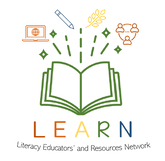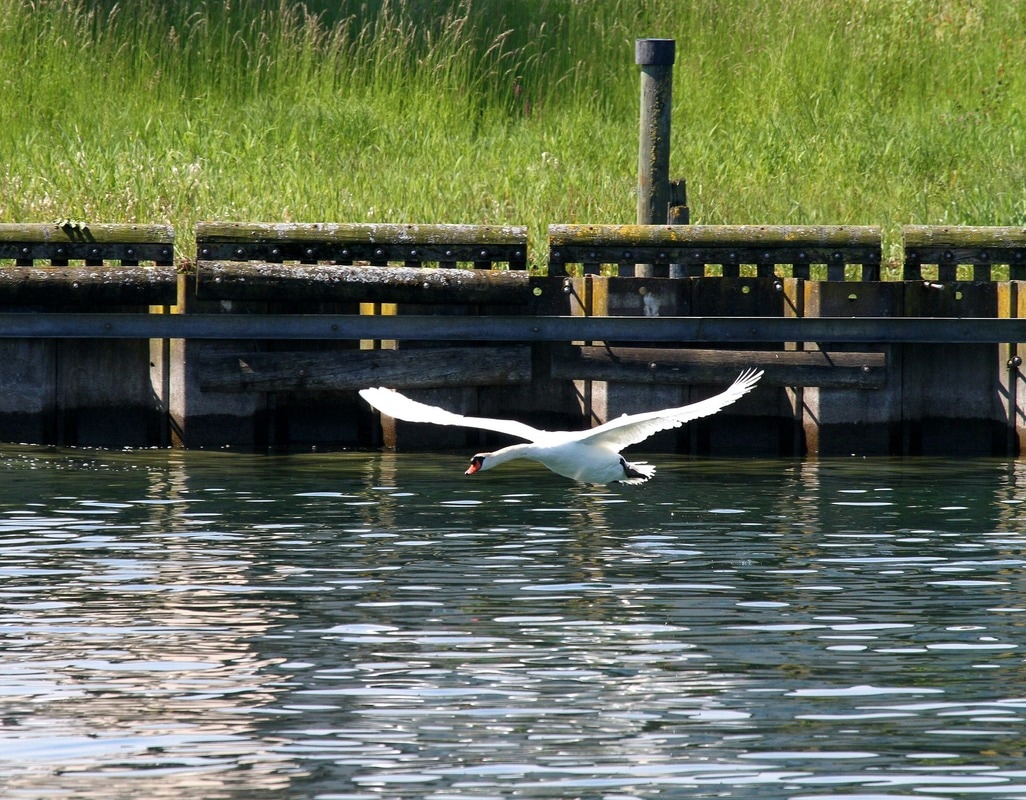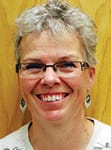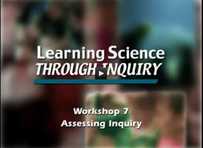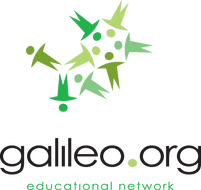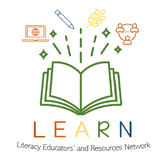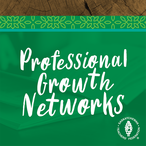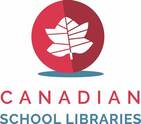Assess within Inquiry
|
Assessment in the inquiry context requires students to demonstrate their knowledge of the content and skills in the process of inquiry. Their learning can be demonstrated through interpreting, explaining, applying and connecting information. Representing their learning can occur in a wide variety of formats - such as speaking, writing, creating constructions, and visual and/or multimedia presentations. In all cases, assessment in inquiry will focus on the outcomes and indicators in the curriculum being used. “Assessment and evaluation are integral components of the teaching– learning cycle. Renewed Curricula: Understanding Outcomes, (pp.16-17).
In order to provide ongoing formative assessment and support when needed throughout the inquiry process, educators and students will be documenting the learning using a variety of assessment tools. These could include anecdotal records, checklists, rating scales, and rubrics as well as student reflections in journals, and/or on exit slips. More information about this process can be found in Cheryl Erlandson’s webinar “Assessing in an Inquiry Context". In addition, Albert Community School staff (2009-2013) of Regina Public Schools developed Assessment Tools Across the Inquiry Cycle PDF for each phase of inquiry for different grade levels. Often inquiry is interdisciplinary. For example, an investigation in the social sciences may include an oral presentation, thus, in addition to assessing the science outcomes, there is an opportunity to also assess the related English Language Arts outcomes. |
Developing an Assessment Rubric
The steps to developing a rubric for assessment in an inquiry context include:
|
Gallery
|
Assessing Inquiry Archived Webinar
Handout: Assessing Outcomes in the Inquiry Context Cheryl Erlandson, the Director of the Saskatchewan Professional Development Unit at the Saskatchewan Teachers’ Federation, demonstrates how to develop shared criteria for inquiry in different subject areas and then use those criteria for assessment purposes. In order to assess classroom inquiry, teachers must have clear expectations of what students will need to know and be able to do. |
Workshop 7 Assessing Inquiry
This series of online videos demonstrates learning science through inquiry. The link is specific to assessment in inquiry and although the context is science the assessment strategies described and illustrated through student interactions and performances can be transferred to a variety of subject areas. Other videos in the series include: What is Inquiry and Why Do It?, Setting the Stage: Creating a Learning Community, and others. |
Inquiry in Arts Education: Assessment
Seven units for middle level arts education were developed by Living Sky School Division. The 21 video clips include companion videos on Big Ideas, The Process, and Assessment for each unit and a related print unit plan. These are available on the curriculum website in support materials for Arts Education Grade 6, 7, 8, and 9. These videos are accessed through R.O.V.E.R. |
|
Workplace & Apprenticeship Math 20
This video highlights a group's presentation of their inquiry process and project. |
How do You Assess Students in an Inquiry-Based Learning Environment?
The Laboratory School at the University of Toronto identifies principles and practices in assessing inquiry-based learning and includes teacher stories of working in inquiry as well as a few student samples to support understanding. |
Inquiry and Assessment
The Galileo Educational Network outlines a series of principles for assessment and provides a number of generic rubrics that can be adapted for assessing Saskatchewan curriculum outcomes within inquiry. There are also a number of additional links provided to articles and other resources on assessment. |
|
Mystery Skype - Whole Class Reflection
A grade 5 inquiry to understand the significance of Canada’s landforms in the lives of the inhabitants. The class participated in a “mystery” skype with another class in Canada to discover each location. This video highlights the students' reflection of their learning. |
Mystery Skype - Students' Reflections
A grade 5 inquiry to understand the significance of Canada’s landforms in the lives of the inhabitants. The class participated in a “mystery” skype with another class in Canada to discover each location. This video features individual students discussing their learning. |
Showcasing Learning
Kerri Nakoneshny and her grade three students showcase their learnings derived from their magnets inquiry. |
|
Reflecting Through Discourse
Bojanna Krieke, a grade one-two teacher, and Jaime Schroeder, a teacher-librarian, reflect on the students' learning during their inquiry of food to maintain and develop a healthy body. |
Showing How Inquiry is Like a Snowman
Jodie Wachs and her grade two students explain how inquiry is like building a snowman. |
Reflecting Through Blog Posts
Jodie Wachs and a grade two student reflect on their learning as documented on their class blog. |
|
Reflecting On Learning
Tamzen Kulyk, a teacher-librarian, leads grade six students in a reflection of using Diigo for Educators to curate and annotate their learning. The students use Google Forms for their reflection. |
Articulating Our Learning
Teacher Sharon Champ, teacher-librarian Tamzen Kulyk, and grade two-three students reflect on their learning. |
Reflecting on Developing Questions
A teacher-librarian reflects with grade one and two students on the development of good questions. |
|
Assessing Using Exit Slips
Yvonne Denomy assesses her grade three-four students understanding of the big ideas of the task using exit slips. |
Assessing the Learning
Dawn Morgan, a teacher-librarian, and teacher Heidi Kreis reflect on student assessment of inquiry learning. |
Reflecting on the Process
Yvonne Denomy and her grade three-four students reflect on the process of learning about the rights of the child. |
